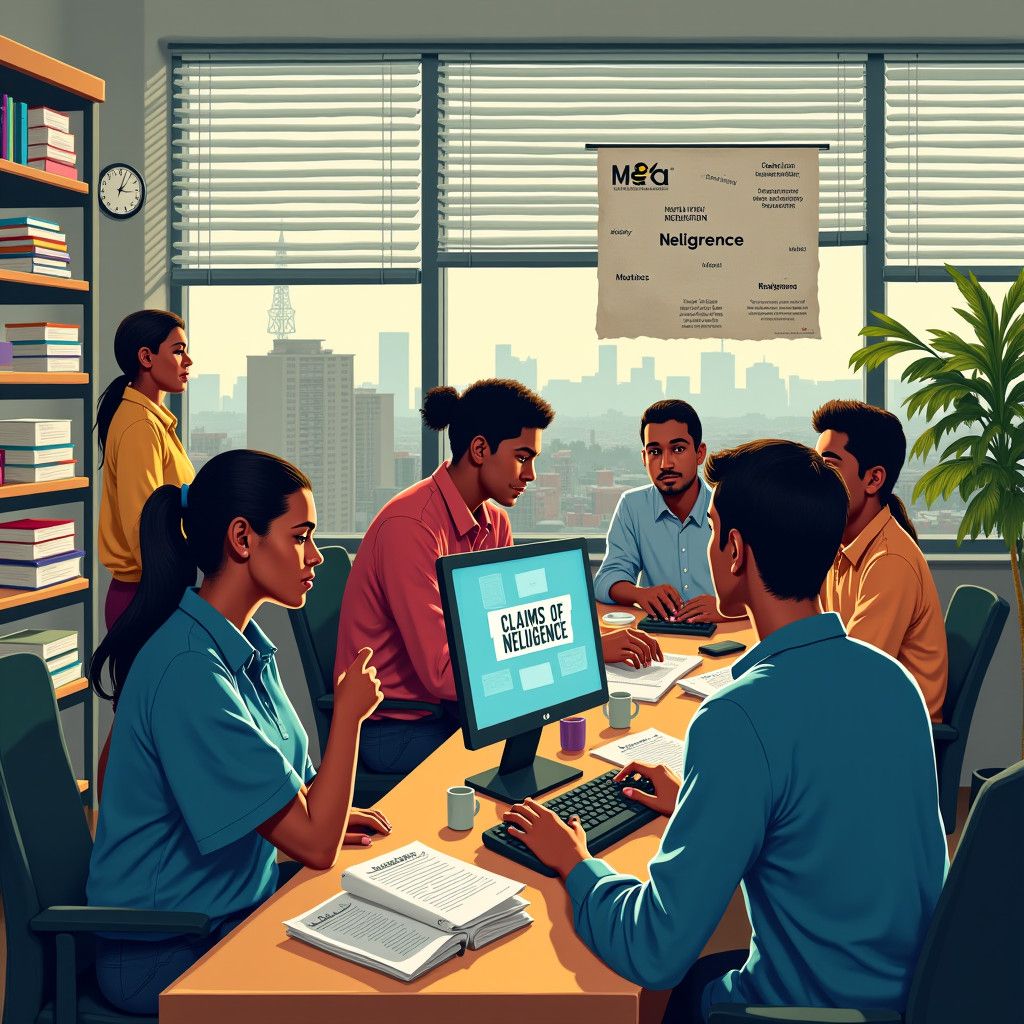In a troubling revelation, former content moderators for Meta in Ethiopia have come forward, claiming that their safety concerns were systematically ignored by the company and its contractors. This situation highlights the ethical responsibilities technology companies hold in regard to the welfare of their employees, especially those working in high-risk environments.
Content moderation is crucial in maintaining community standards on social media platforms. Moderators sift through vast amounts of user-generated content to identify and remove posts that violate guidelines, such as hate speech or graphic violence. In regions like Ethiopia, where civil unrest and conflict are prevalent, the stakes are even higher.
Former moderators have described chilling experiences while performing their duties. They recount encounters with threatening messages from Ethiopian rebels, putting their lives at risk as they worked to evaluate potentially harmful posts. According to one whistleblower, threats became so severe that moderators found themselves in constant fear for their personal safety.
Despite these alarming circumstances, moderators allege that Meta’s oversight was minimal. Reports suggest that complaints regarding safety were often met with a lack of appropriate response or actionable measures. This raises serious questions about the adequacy of safety protocols for moderators engaged in such perilous roles.
In an effort to mitigate these pressures, some content moderation firms have reportedly implemented safety measures. These include emotional support resources and extensive training on handling sensitive content and personal safety. However, many moderators feel these actions are merely superficial, failing to address the root problems they face daily.
A particularly alarming aspect of the moderators’ claims is the disconnection between the contractor’s expectations and the reality on the ground. Many moderators felt the companies they worked for placed higher importance on content volume processed rather than their emotional and physical safety. An anonymous former moderator expressed this sentiment, stating, “It felt like we were seen as just numbers, and our well-being was secondary to meeting targets.”
Public reactions to these claims have been predominantly critical of Meta. Advocates for workers’ rights argue that large technology companies must do more to ensure the safety of their employees, particularly in regions fraught with violence and political instability. Organizations such as Access Now and the Electronic Frontier Foundation have echoed these concerns, calling for greater transparency and accountability.
However, Meta’s response to this issue has been muted. While the company has issued statements affirming its commitment to the safety of moderators, many stakeholders remain skeptical about the effectiveness of these reassurances.
The implications of this situation extend beyond the individual moderators involved. As content moderation takes place globally, it is vital for tech companies to adopt policies that prioritize employee safety and advocate for positive working conditions. The voices of content moderators must not only be heard but acted upon to promote a more humane approach in the tech industry.
As these developments unfold, the narrative raises an important point regarding workplace ethics in the tech sector. The growing reliance on contracted labor for vital roles such as content moderation often comes at a cost to worker safety. Technology companies must confront this dilemma head-on, reassessing their operational frameworks to foster a culture of care and responsibility.
In conclusion, the alarming allegations by Ethiopian content moderators against Meta serve as a stern reminder of the urgent need for corporate accountability in tech. Ensuring safety for individuals working under high-pressure and dangerous circumstances is not just a legal obligation but a moral imperative. A paradigm shift in how tech companies view and treat their employees is essential for fostering a sustainable and ethical workplace culture.












